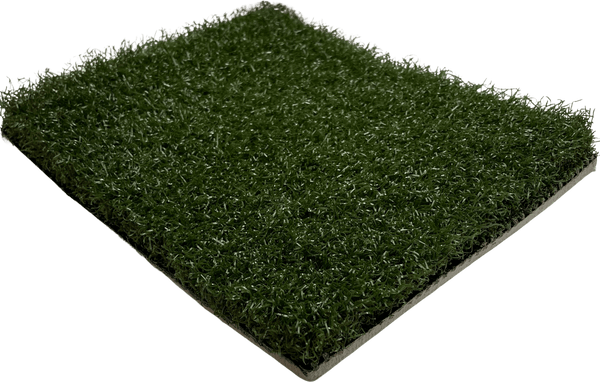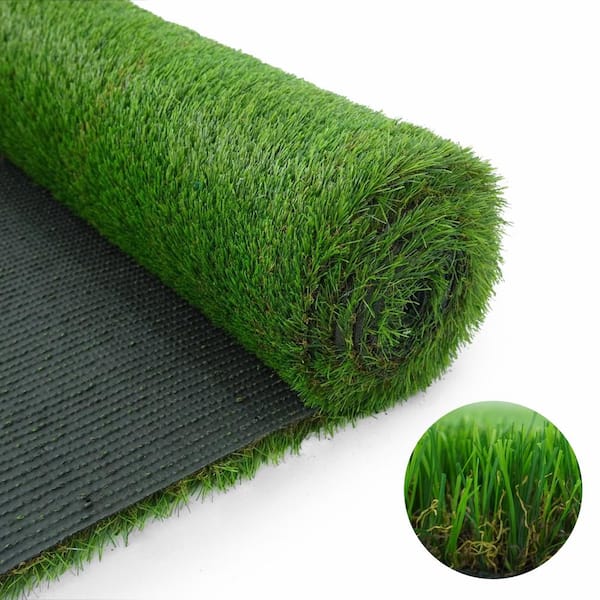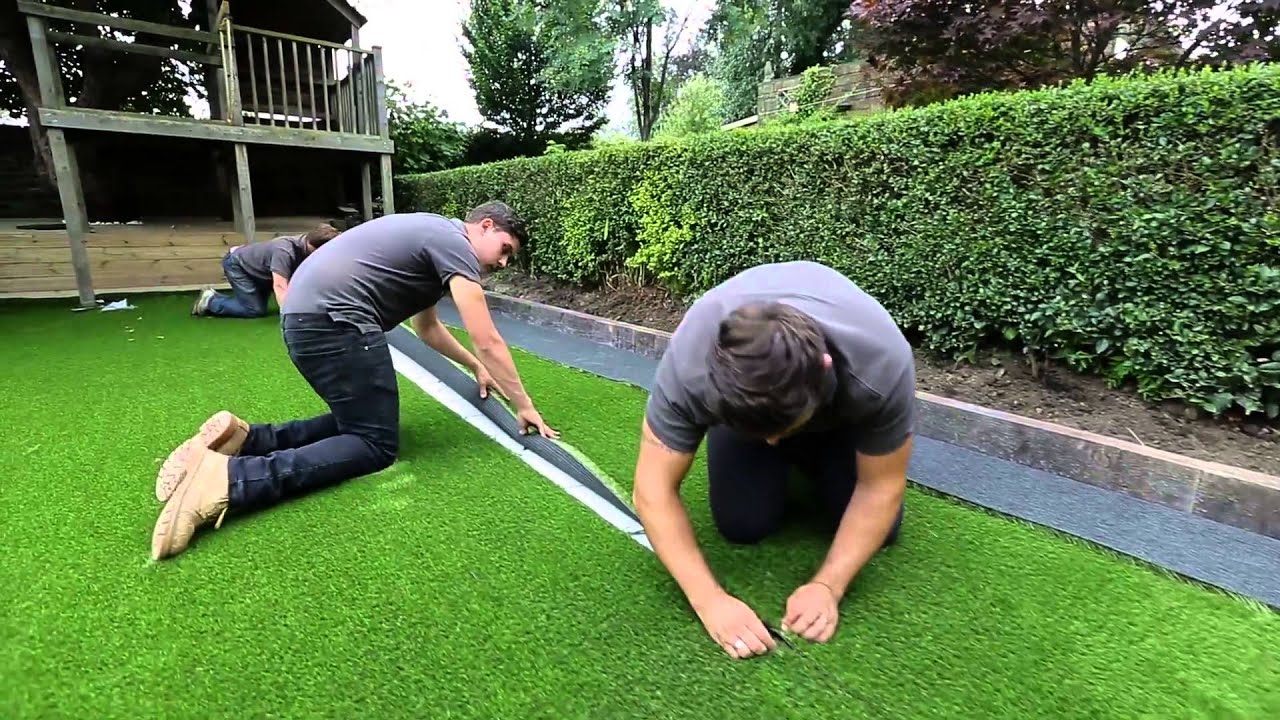Upgrade Your Yard with Long-Lasting Mesa artificial turf for a Evergreen Green Look
Upgrade Your Yard with Long-Lasting Mesa artificial turf for a Evergreen Green Look
Blog Article
Understanding How Synthetic Grass Functions for Your Home and Yard
Synthetic grass has actually emerged as a sensible solution for house owners seeking to boost their exterior areas without the concerns of typical lawn upkeep. Recognizing its structure, installment process, and the different types available can disclose substantial advantages for both aesthetics and performance. The implications of selecting synthetic turf prolong past plain look; they touch upon environmental factors to consider and long-term sustainability. As we discover these facets, one need to consider exactly how this cutting-edge strategy can fundamentally alter the landscape of home horticulture. What factors should you consider prior to making the transition?
Advantages of Synthetic Grass
Recognizing the growing popularity of man-made turf, it is vital to explore its various advantages. Among one of the most significant benefits is the reduction in maintenance demands. Unlike all-natural grass, artificial grass does not require fertilizing, watering, or mowing, which translates to time and price financial savings for house owners. This low-maintenance alternative is especially appealing in regions with limited water sources, as it saves water and minimizes general ecological effect (Arizona artificial grass).
Additionally, fabricated grass gives a lush and consistently eco-friendly appearance throughout the year, no matter weather. This visual charm improves the visual top quality of any kind of landscape, making it an appealing selection for houses. Furthermore, synthetic grass is sturdy and developed to hold up against heavy foot website traffic, making it an ideal solution for family members with pet dogs and children.
Security is another crucial factor to consider; modern-day synthetic grass is typically made from safe products and incorporates shock-absorbing innovations, lowering the threat of injuries throughout play. Last but not least, synthetic grass is resistant to weeds and parasites, removing the demand for chemical therapies, thereby advertising a much healthier outside setting. Overall, the benefits of fabricated turf make it an engaging choice for boosting home and garden rooms.
Installment Process Introduction
When thinking about the installment of synthetic turf, a methodical strategy is vital to ensure optimal outcomes. The setup process usually starts with thorough site prep work, which includes removing the area of any type of existing grass, debris, and rocks. This step is important for developing a secure and level foundation.
Following, it is necessary to analyze the water drainage abilities of the area. Proper drain is important to prevent water pooling externally, which might cause early wear or concerns with mold and mildew. This may call for excavation and the installation of a drain system if required.
As soon as the website is prepared, a base layer is mounted, normally being composed of smashed stone or decayed granite, compressed to develop a solid surface area. After achieving a smooth base, a geotextile fabric is laid down to prevent weed development.
The turf rolls are put, reduced to fit, and protected at the joints making use of specific or sticky lawn tape. Appropriately complying with these steps will certainly result in a long lasting and cosmetically pleasing artificial grass installment.
Kinds of Synthetic Grass

One of the key classifications is property turf, which is usually made use of in gardens, yards, and play areas. This type usually features a soft texture, making it risk-free for pet dogs and kids. Industrial lawn, on the various other hand, is engineered for high-traffic areas, such as sporting activities fields and local parks. It provides resilience and resilience, guaranteeing it endures extensive usage while keeping its appearance.
An additional category includes landscape turf, which mimics natural lawn internet carefully to boost the aesthetic charm of yards and outside spaces. Additionally, putting environment-friendly lawn is especially designed for golf enthusiasts, including a shorter pile elevation and a smooth surface area for an optimum putting experience.
Finally, pet-friendly grass includes antimicrobial residential properties and long lasting products to make sure a sanitary and secure setting for animals. Selecting the best sort of synthetic grass is important for attaining the desired look and capability in your house and garden.
Maintenance Requirements
Appropriate maintenance is essential for prolonging the life expectancy and appearance of synthetic grass. Routine maintenance not only improves aesthetic allure yet also ensures optimum efficiency. The key maintenance jobs include official source brushing, washing, and evaluating the lawn.

Rinsing the lawn with water assists remove dirt, animal, and debris waste. Utilizing a hose pipe with a spray nozzle makes this task efficient and reliable. In areas vulnerable to heavy rainfall, make certain appropriate drainage to stop merging.
In addition, regular examinations for problems, such as splits or loose joints, are vital. Prompt repair work can prevent extra considerable problems and preserve the integrity of the turf. By sticking to these maintenance requirements, home owners can delight in the appeal and functionality of their synthetic grass for years to come, guaranteeing a vibrant and inviting outdoor area.
Environmental Factors To Consider
Synthetic grass web presents a complicated array of environmental considerations that require careful examination. Turf companies mesa az. While it reduces the demand for water, fertilizers, and pesticides, which are commonly associated with all-natural lawn maintenance, there are considerable issues regarding its disposal, usage, and manufacturing
The production of synthetic turf includes petroleum-based materials, questioning concerning fossil fuel usage and greenhouse gas exhausts. The setup process often needs a layer of infill, frequently made up of materials like crumb rubber, which can launch hazardous chemicals into the environment.

Disposal of synthetic grass offers one more difficulty, as it is not naturally degradable and can add to land fill waste. Some recycling options exist, however they are not widely available or obtainable.
Verdict
In recap, synthetic lawn offers many advantages for residential and yard applications, consisting of aesthetic allure, low maintenance, and safety for kids and pet dogs. The installation procedure needs cautious factor to consider of water drainage, base products, and turf positioning to guarantee toughness and efficiency. Various kinds of artificial lawn cater to various needs and choices, while environmental considerations highlight its prospective sustainability advantages. In general, man-made grass serves as a attractive and useful alternative to all-natural turf in outside areas.
Overall, the advantages of fabricated grass make it an engaging alternative for improving home and yard areas.
When considering the installment of fabricated lawn, a methodical strategy is crucial to make sure ideal results. The grass rolls are positioned, cut to fit, and safeguarded at the seams making use of specific or glue grass tape. Effectively adhering to these actions will result in a sturdy and aesthetically pleasing man-made turf installation.
In recap, artificial lawn presents numerous advantages for property and garden applications, including visual charm, low maintenance, and safety for children and animals.
Report this page